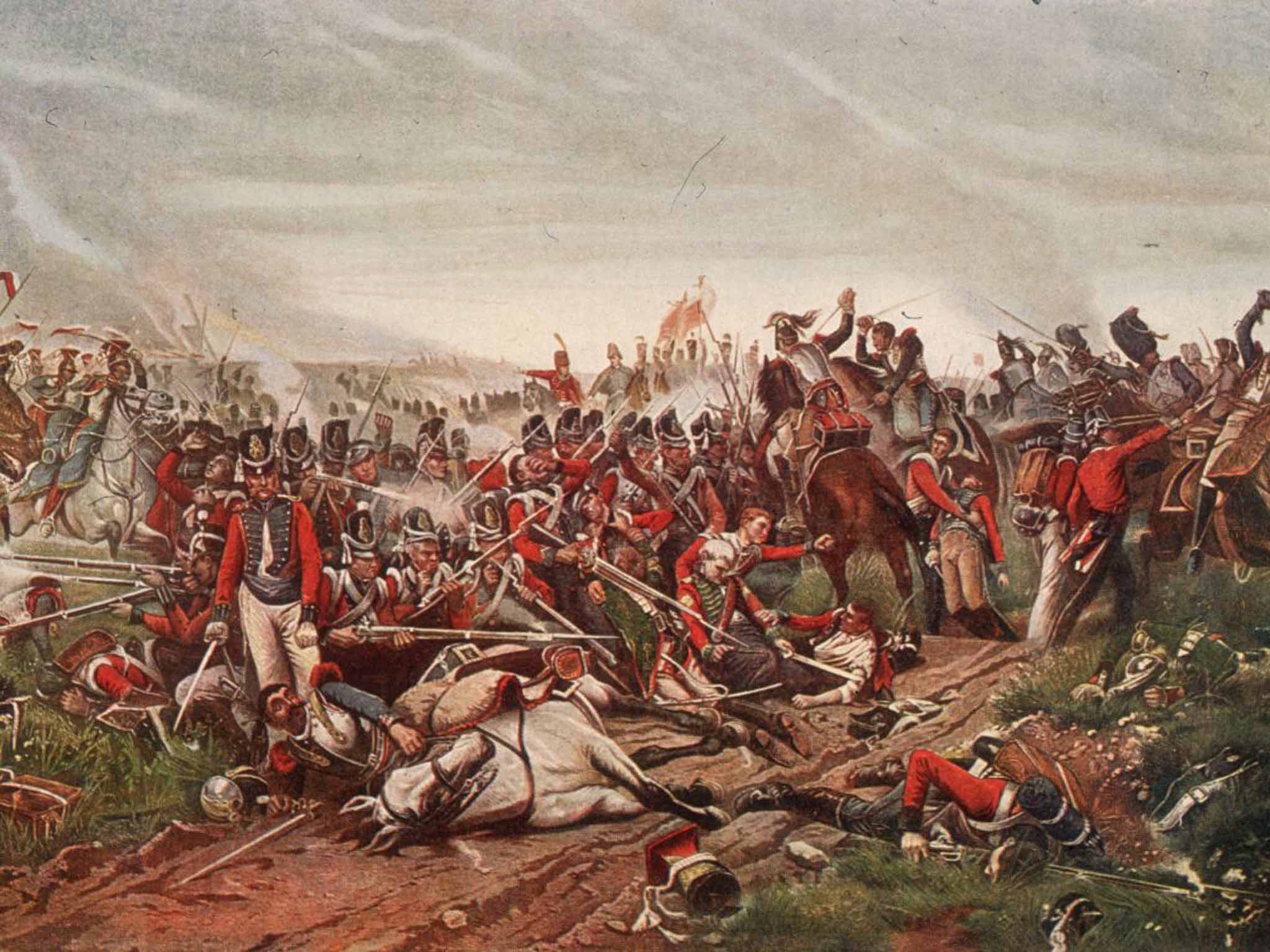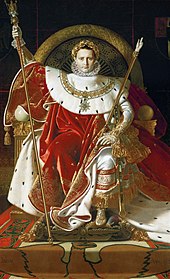The Rise and Fall of Napoleon Bonaparte: A Tale of Greatness and Tragedy
Napoleon Rise:
Napoleon Bonaparte's legacy stands as a towering monument to the heights of human achievement and the depths of human fallibility. His unparalleled ability to adapt, innovate, and lead propelled him from humble origins to the pinnacle of power, leaving an indelible mark on the course of history.
Central to Napoleon's greatness was his exceptional strategic acumen, honed through a deep immersion in the annals of military history. From the campaigns of Alexander the Great to the conquests of Julius Caesar, Napoleon meticulously studied the successes and failures of past leaders, extracting valuable lessons that he would later apply with devastating effectiveness on the battlefield. His understanding of warfare went beyond mere tactics; it encompassed a holistic approach that integrated logistics, communications, and psychology, allowing him to outmaneuver and outwit his adversaries time and again. Moreover, Napoleon possessed a rare gift for inspiring loyalty and devotion among his troops. His soldiers revered him not only for his brilliance as a military commander but also for his willingness to share their burdens and hardships. Unlike many leaders of his time, Napoleon forged a deep bond of camaraderie with his men, leading from the front lines and sharing their victories and defeats alike. This connection fostered an esprit de corps within his armies that was unmatched by any contemporary force, enabling them to achieve feats that seemed impossible to others.
Moreover, Napoleon possessed a rare gift for inspiring loyalty and devotion among his troops. His soldiers revered him not only for his brilliance as a military commander but also for his willingness to share their burdens and hardships. Unlike many leaders of his time, Napoleon forged a deep bond of camaraderie with his men, leading from the front lines and sharing their victories and defeats alike. This connection fostered an esprit de corps within his armies that was unmatched by any contemporary force, enabling them to achieve feats that seemed impossible to others. Napoleon's rise to power was also facilitated by the tumultuous political landscape of revolutionary France. In the wake of the French Revolution, the nation was wracked by instability and chaos, creating fertile ground for ambitious individuals like Napoleon to seize control. His coup d'état and establishment of the Consulate brought much-needed stability to the country, earning him the gratitude and support of many who yearned for a strong and decisive leader.
Napoleon's rise to power was also facilitated by the tumultuous political landscape of revolutionary France. In the wake of the French Revolution, the nation was wracked by instability and chaos, creating fertile ground for ambitious individuals like Napoleon to seize control. His coup d'état and establishment of the Consulate brought much-needed stability to the country, earning him the gratitude and support of many who yearned for a strong and decisive leader.
Napoleon Fall:
However, Napoleon's downfall was ultimately precipitated by his own hubris and overreach. His relentless pursuit of expansionist policies led to overextension and costly military campaigns that strained France's resources to the breaking point. Moreover, his authoritarian rule and suppression of dissent alienated both his subjects and foreign powers, sowing the seeds of resentment and resistance that would eventually spell his downfall.
In the end, Napoleon's fate serves as a cautionary tale about the dangers of unchecked ambition and the limits of power. While his achievements as a military genius and visionary leader are undeniable, they are also tempered by the tragic flaws that ultimately brought about his downfall. Yet, even in defeat, Napoleon's legacy endures as a testament to the enduring power of human will and the timeless quest for greatness.





![[ℕ𝕖𝕧𝕖𝕣] 𝕊𝕖𝕝𝕝 𝕐𝕠𝕦𝕣 𝔹𝕚𝕥𝕔𝕠𝕚𝕟 - And Now What.... Pray To The God Of Hopium?](https://cdn.bulbapp.io/frontend/images/79e7827b-c644-4853-b048-a9601a8a8da7/1)


















































